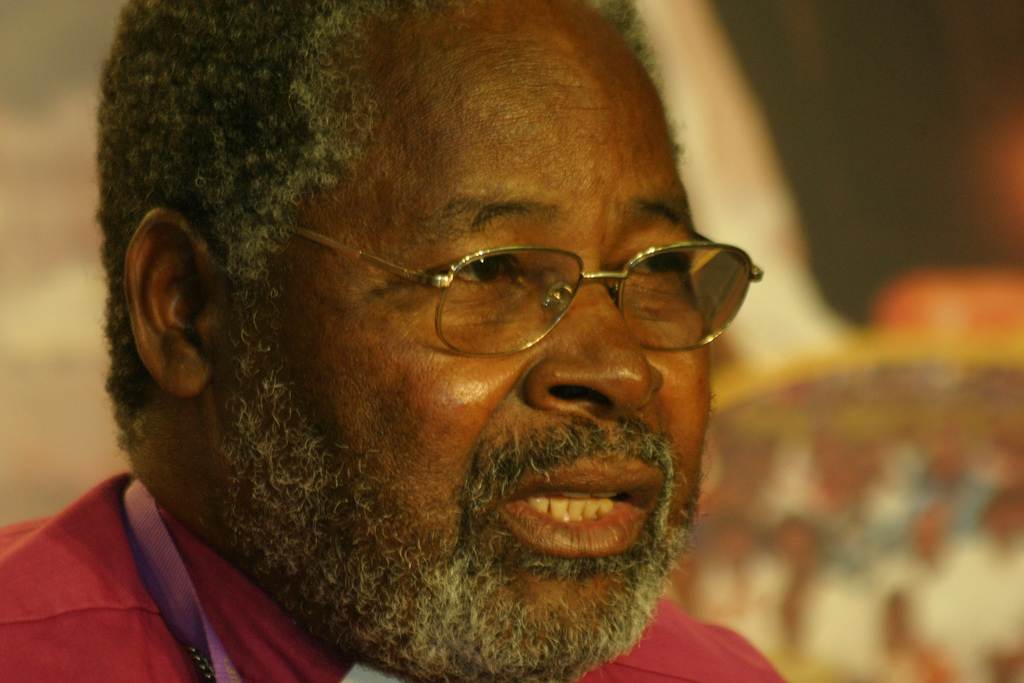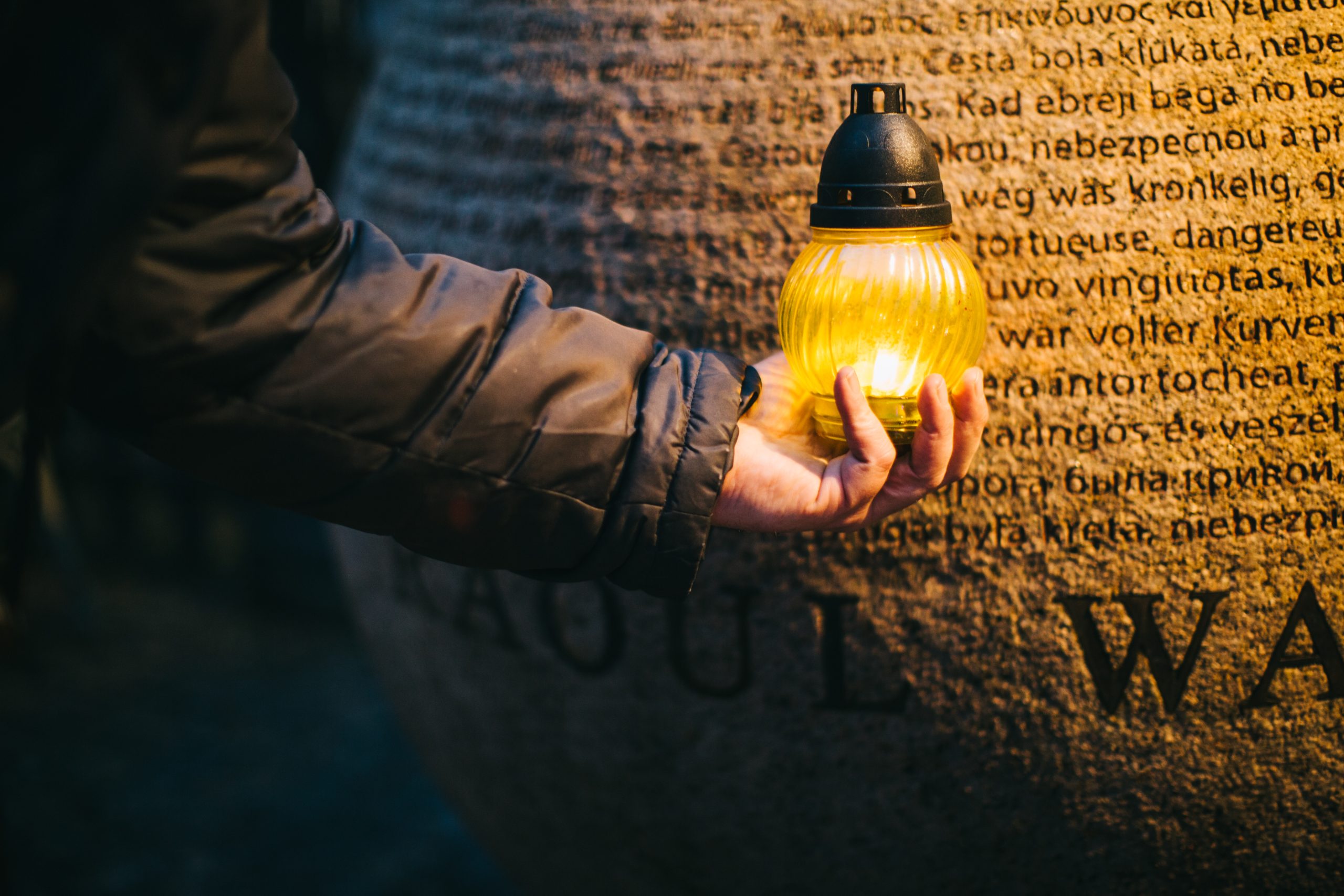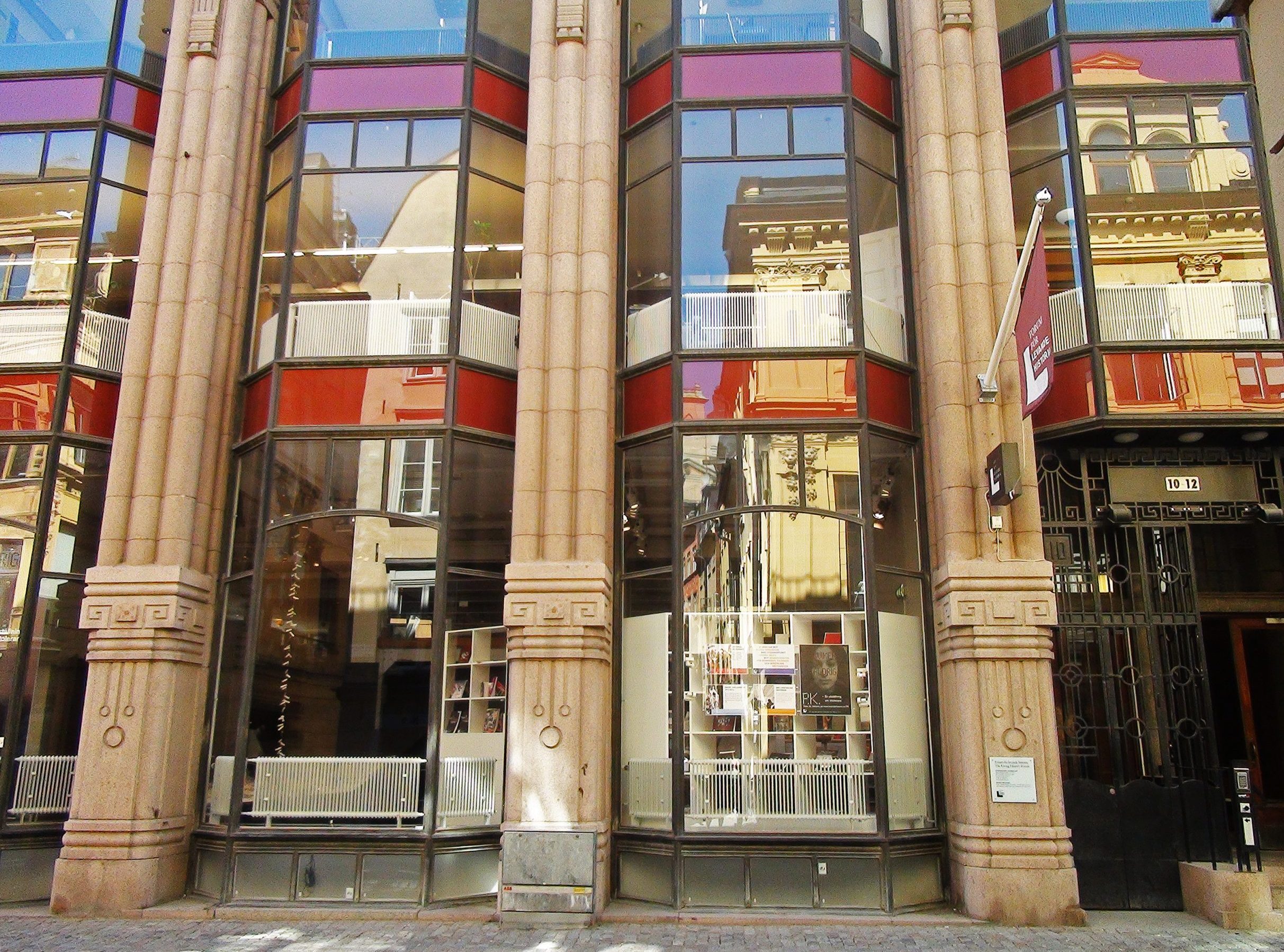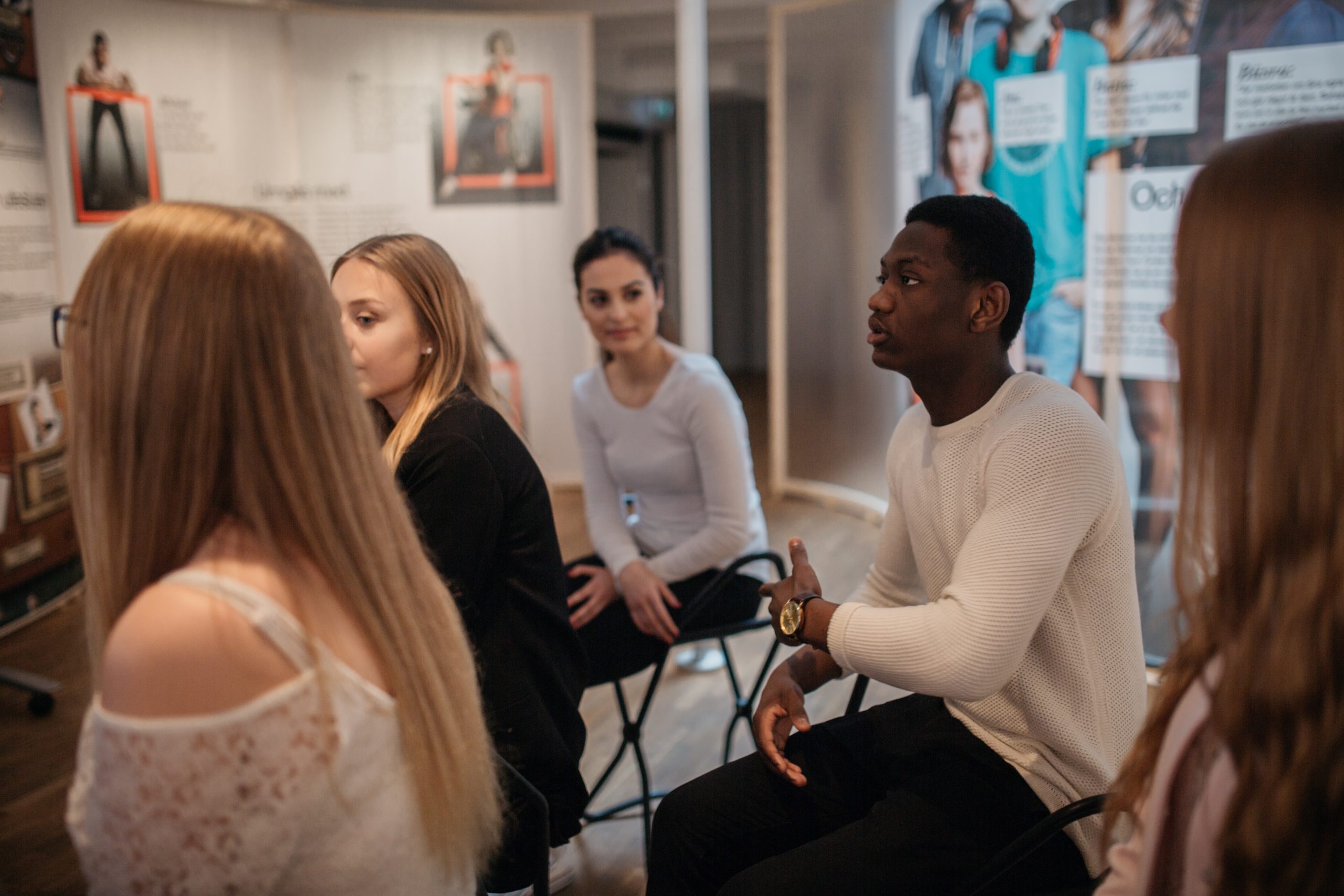2008: Sebastian Bakare
Learn about Sebastian Bakare, recipient of the 2008 Per Anger prize to human rights defenders.

Sebastian Bakare
- Where there is no freedom of expression and the majority of people do not have access to clean water, human rights are being violated.
Meet Sebastian Bakare
Interview with Sebastian Bakare
- Where there is no freedom of expression and the majority of people do not have access to clean water, human rights are being violated, says bishop Sebastian Bakare, who in 2008 was awarded the Per Anger Prize for his long-standing efforts for democracy in Zimbabwe. He has with great enthusiasm and personal courage highlighted the plight of the vulnerable and fought for their rights.
- Many of those who had their homes destroyed in 2000 still do not have a place to live. It is raining now and you can imagine what it’s like to live where there are no proper roofs. This to me is a grave abuse of human rights.
Since independence in 1980, Zimbabwe has been ruled by the same political party, ZANU, led by the same man, Robert Mugabe. During 2008, the country went through a deep economic and political crisis that led to violent upheavals. Today, the situation in Zimbabwe has improved.
- Yes, it is not as bad as it was in 2008. There has been a little change, but the system that we have been opposing for the last 33 years is still the same. So the fight goes on.
General elections were held on July 31, 2013. Robert Mugabe received 61 percent of the votes and he remains in power.
- Yes, you can certainly say that he does!
The opposition is talking about electoral fraud. Is that correct?
- We can’t say if there was any foul play. People must learn how to lose and accept that they have lost. But any which way – if there was any wrongdoing, God will punish them.
What gives you the strength to carry on your work?
- The strength comes from my faith. I cannot sit idle because I believe that when my brother is hurt, I am also hurt. We share the pain with all other people, with those who are less privileged than I am. I cannot simply lean back and say ‘it is their fault’ – no, they are a part of me, they are a part of my human family. When some people are affected, we cannot look away or close our eyes, we must see and try to solve problems the best we can together.
- I believe that God created all people as equals. God wants us to share the gifts of life. As a Christian, I hold values such as peace, love, concern and justice highly – this is very important to me. If I don’t care about how my neighbour is doing, then I must learn what it means to be a Christian.
What has the Per Anger Prize meant to you?
- When I received the prize in 2008, the situation in Zimbabwe was very bad. This prize, and getting to know others who have been awarded the prize before me, made me feel very encouraged. It was wonderful to experience the Swedish solidarity with our struggle in Zimbabwe. I went back home very inspired to continue the fight. My trip to Sweden was a blessing in that it put me in touch with people who truly value human rights.
- In 2008 I was a bishop in Harare, fighting against political interference and outright harassment of my church. Although I am retired now, I have continued working for human rights and human dignity. Now I am active in the leadership of the organisation United Mutare Residents and Ratepayers Forum, where the inhabitants fight for their rights in the city where I live. We fight for things such as clean water and better sanitation.
What is the security situation like for you today?
- It’s okay, it is not as threatening as it was before.
What was it like before?
- A few years ago, people were very afraid of expressing any political opinion in public. They felt threatened, people were arrested for no apparent reason, just because they had said something that was unacceptable to the ruling party. It was very threatening in those days, but today it is different. We can say what we think to a larger extent without fear of being arrested. We also have a new constitution that at least tries to increase protection of the individual in our society. We have to wait and see how much of it is realised, because it has just been adopted. But people are still careful what they say, and when and how.
During the most difficult years – did you feel personally threatened?
- Yes, threatened in that I felt afraid, but that feeling didn’t stop me from speaking my mind. Since nobody came and told me to shut up, I carried on. I felt that the situation demanded that I say something.
The Living History Forum would like to emphasise that these interviews are based on the testimony of the prize recipients themselves. They are not an objective assessment of facts on behalf of the government body.
Bishop Sebastian Bakare was awarded the Per Anger Prize in 2008 and was nominated by the Church of Sweden.
Bishop Sebastian Bakare’s organisation United Mutare Residents and Ratepayers Forum does not have its own web site.
The citation of the jury
Bishop Sebastian Bakare, representative of the Anglican Church in Zimbabwe, is awarded the Per Anger Prize for 2008. Our citation reads as follows: For having given voice to the fight against oppression and for freedom of speech and of opinion in a difficult political situation, through courage and personal sacrifice, Bishop Sebastian Bakare is awarded the 2008 Per Anger Prize for humanitarian and democracy-promoting work.




